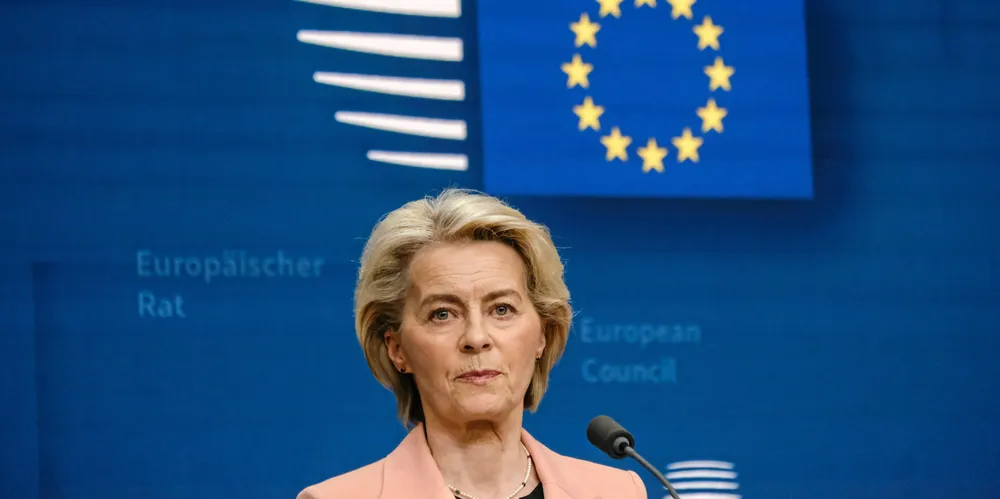GWEC warns against ‘unfair discrimination’ after EU starts Chinese wind turbine subsidy probe
Increased protectionism could jeopardise global energy transition, says wind sector’s global industry body

The Global Wind Energy Council has warned against “unjustified and unfair discrimination” after the EU launched an anti-subsidy probe into Chinese wind turbine suppliers.
The global body for the wind sector weighed in on Monday to the growing trade dispute between the EU and China, the world’s most prolific producer of wind turbines and other renewables equipment.
While stressing it is “not a matter for GWEC to comment” on an ongoing FSR probe, the global lobbying group nevertheless says it “opposes unjustified and unfair discrimination in the international trade environment, as well as disguised restrictions on international trade.”
“Such measures could disproportionately affect developing countries,” said GWEC, “leading to unequal opportunities for economic development and undermining the aim of a just and orderly global energy transition.”
“When implemented in a fair and transparent trade environment,” GWEC said it supports an “incentive-based industrial policy which enhances the business case for renewables and accelerates the deployment of wind.”
With many countries forecast to flunk wind targets, GWEC stressed that it would be best for them to focus on measures including “accelerated planning and grid connection regimes”.
Implementing these measures is “more likely” to accelerate the development of the supply chain “without the need for distorted market competition that could undermine the speed, cost or equity of the global energy transition.”
GWEC stressed that the wind energy supply chain is “highly globalised” and this “necessitates enhanced collaboration to maintain healthy competition, the most competitive cost of wind energy to the consumer and the highest levels of deployment.”
“Measures which unnecessarily restrict trade and global investment could lead to a slowdown in deployment that could put the energy transition in jeopardy.”
GWEC said that its analysis has shown that “global scenarios involving heightened protectionism, restrictive trade regimes and distorted forms of competition will likely result in slower wind market growth, higher wind energy costs and lower financial sustainability for wind suppliers.”
The Commission was approached for comment.
(Copyright)